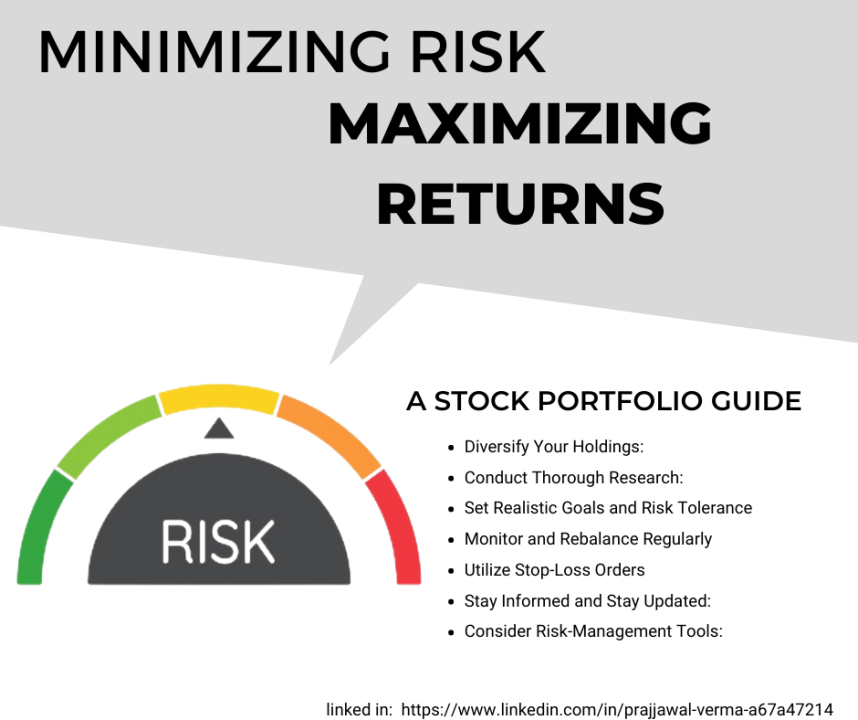Is Nigel Farage's Reform Party A Real Force For Change?

Table of Contents
The Reform Party's Platform and Policies
The Reform Party's platform is built on a foundation of populist and right-wing policies, often focusing on issues that resonate with a segment of the electorate feeling unrepresented by mainstream parties.
Key Policy Positions:
The party's core policy positions can be summarized as follows:
-
Review of post-Brexit trade deals: The Reform Party advocates for renegotiating post-Brexit trade agreements to secure better terms for the UK. This involves a critical assessment of current deals and a push for greater economic sovereignty. They argue the current deals don't fully realize the benefits of leaving the EU.
-
Stricter immigration controls: The party champions tighter border controls and a more selective immigration system, emphasizing national security and the strain on public services. Specific proposals include stricter vetting procedures and a reduction in overall immigration numbers.
-
Lower taxes: Tax cuts across the board are a central tenet of the Reform Party platform, aiming to stimulate economic growth and reduce the tax burden on individuals and businesses. This includes proposals for lower income tax, corporation tax, and potentially a reduction in VAT.
-
Reform of the NHS: The party advocates for increased funding for the National Health Service, alongside significant structural reforms to improve efficiency and patient care. The exact details of their reform proposals are still emerging, but increased efficiency and reduced waiting times are key goals.
-
Increased investment in infrastructure: The Reform Party pledges to boost investment in national infrastructure, focusing on projects aimed at improving transport links, broadband connectivity, and overall national productivity.
Comparison to Other Parties:
The Reform Party occupies a unique space in the UK political landscape. While sharing some common ground with the Conservative Party on Brexit and economic issues, it distinguishes itself through a more populist and Eurosceptic approach. Compared to Labour, the Reform Party offers a stark contrast in its stance on immigration and the economy. The Liberal Democrats, with their pro-European stance, represent a polar opposite.
| Policy Area | Reform Party | Conservative Party | Labour Party | Liberal Democrats |
|---|---|---|---|---|
| Brexit | Pro-Brexit, renegotiate deals | Post-Brexit focus, pragmatic approach | Pro-EU, closer ties with EU | Pro-EU, Remain stance |
| Immigration | Stricter controls | Controlled immigration | More open, managed immigration | More open, managed immigration |
| Economy | Lower taxes, reduced regulation | Fiscal responsibility, market-led | Increased public spending, social justice | Investment in public services |
Electoral Performance and Public Opinion
The Reform Party's electoral performance remains a key indicator of its potential for influence.
Recent Election Results:
The Reform Party has had some success in local elections, gaining several council seats in various areas, which serves as an indicator of their grassroots support. However, their impact in national elections has been limited so far, although it is important to consider the relative newness of the party. Detailed analysis of specific election results needs further study.
Public Opinion and Support:
Public opinion polls show fluctuating levels of support for the Reform Party. Its support base tends to be concentrated in specific demographics and geographic regions. Detailed polls showing regional variation and demographic trends need further analysis.
Leadership and Internal Dynamics
Nigel Farage's Role and Influence:
Nigel Farage's leadership is undeniably central to the Reform Party's identity and appeal. His strong media presence and extensive political experience give the party a considerable level of visibility. However, the party's reliance on a single figure presents both opportunities and challenges. His polarizing image could limit broader appeal, while also serving as a considerable advantage in certain constituencies.
Party Structure and Organization:
The Reform Party's internal structure and organization are still under development. The details of its membership base, fundraising, and internal decision-making processes remain less transparent compared to more established parties. Further study is needed to assess the strength and stability of the party's organization.
Conclusion
The Reform Party, under Nigel Farage's leadership, presents a distinct and challenging presence in the UK's political landscape. Whether it constitutes a genuine force for change remains to be seen. While its policy positions resonate with a specific segment of the electorate and its electoral performance shows promise, questions surrounding its long-term sustainability and ability to broaden its appeal still exist. The party's reliance on a single, highly visible leader, coupled with its relatively nascent organizational structure, poses significant uncertainties for its future.
To fully understand the Reform Party's potential impact, continued observation of its electoral performance, public opinion shifts, and internal dynamics is crucial. We encourage readers to engage further by researching the Reform Party's detailed policies, following their campaigns, and actively participating in political discourse surrounding the future of the UK's political landscape. By actively engaging with the Reform Party and its political activities, you can contribute to a more informed understanding of its impact on British politics.

Featured Posts
-
 Could This Black Rock Etf Double In Value By 2025 Billionaire Investments Offer Clues
May 09, 2025
Could This Black Rock Etf Double In Value By 2025 Billionaire Investments Offer Clues
May 09, 2025 -
 Black Rock Etf Billionaire Investment Poised For 110 Surge
May 09, 2025
Black Rock Etf Billionaire Investment Poised For 110 Surge
May 09, 2025 -
 Xioni Sta Imalaia Se Epipeda 23etias
May 09, 2025
Xioni Sta Imalaia Se Epipeda 23etias
May 09, 2025 -
 The Real Safe Bet Strategies For Minimizing Risk And Maximizing Returns
May 09, 2025
The Real Safe Bet Strategies For Minimizing Risk And Maximizing Returns
May 09, 2025 -
 Edmonton Unlimited Focusing On Tech And Innovation For Global Growth
May 09, 2025
Edmonton Unlimited Focusing On Tech And Innovation For Global Growth
May 09, 2025
Latest Posts
-
 Edmonton Oilers Draisaitls Recovery Timeline And Playoff Implications
May 09, 2025
Edmonton Oilers Draisaitls Recovery Timeline And Playoff Implications
May 09, 2025 -
 Draisaitls Lower Body Injury Oilers Playoff Hopes Hinge On His Return
May 09, 2025
Draisaitls Lower Body Injury Oilers Playoff Hopes Hinge On His Return
May 09, 2025 -
 Overtime Thriller Draisaitls Century Mark Propels Oilers Past Islanders
May 09, 2025
Overtime Thriller Draisaitls Century Mark Propels Oilers Past Islanders
May 09, 2025 -
 Draisaitls 100 Point Milestone Leads Oilers To Overtime Victory Against Islanders
May 09, 2025
Draisaitls 100 Point Milestone Leads Oilers To Overtime Victory Against Islanders
May 09, 2025 -
 Oilers Draisaitl Out Injury Update And Winnipeg Jets Game Impact
May 09, 2025
Oilers Draisaitl Out Injury Update And Winnipeg Jets Game Impact
May 09, 2025
